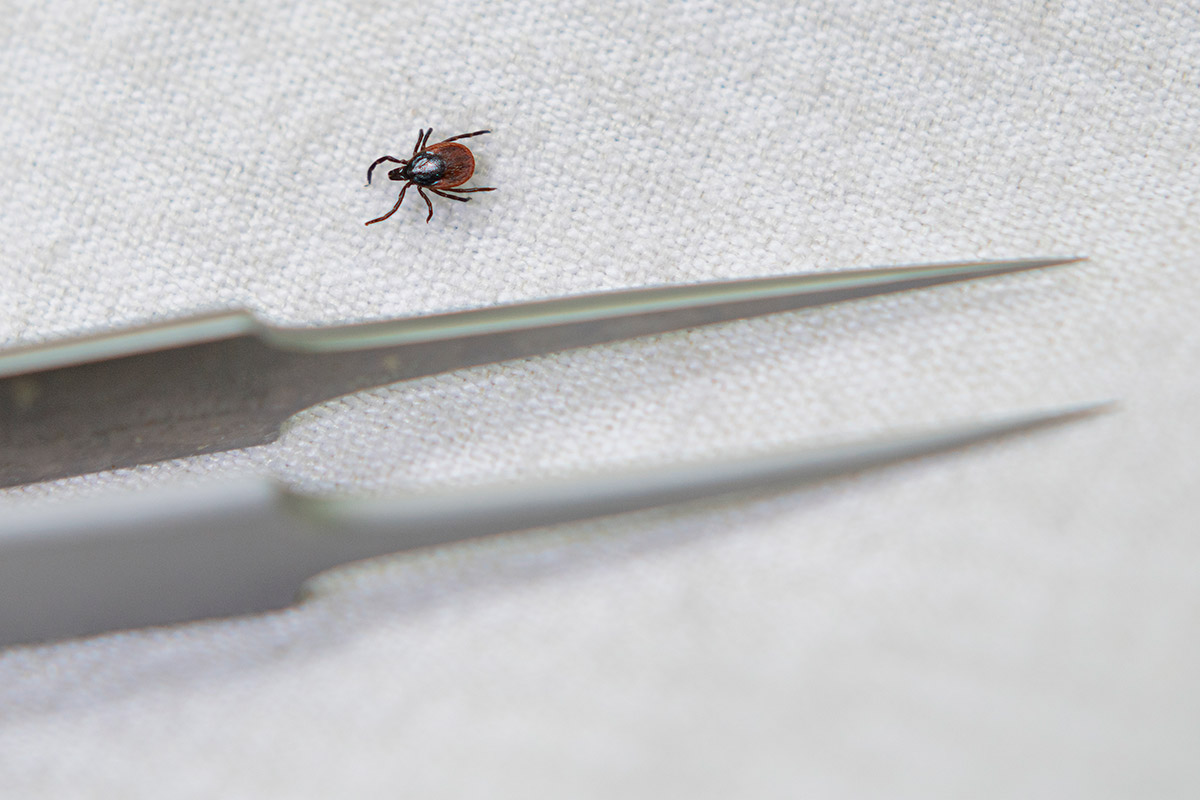



About the Action
Emerging infectious diseases (EIDs) represent a national security threat for every country, exacerbated by climate change, human population expansion, urbanization, and globalization. Based on theoretical expectations previously EIDs were thought to be rare and impossible to anticipate because they require novel genetic mutations to infect novel hosts. A new conceptual framework has been developing for nearly 40 years and has recently been articulated in a manner that leads directly to a protocol for taking proactive or anticipatory steps in coping with EIDs, especially those numerous high probability/low impact pathogens. The framework is called the Stockholm paradigm, which shows that a major trigger of emerging disease, now and in the past, has been climate change. The PRAGMATICK COST action aims to disseminate knowledge and promote the application of the Stockholm paradigm in order to anticipate and mitigate disease risk associated with the presence and spread of ticks and tick-borne pathogens (TBPs) under anthropogenic pressure and changing climate. This research network will apply the comprehensive and highly focused DAMA (Document, Assess, Monitor, Act) protocol that allows to “anticipate to mitigate” emerging diseases. The main focus is on urban tick and TBP hotspots and the spread and establishment of ticks and TBPs. PRAGMATICK will find new ticks and tick-borne pathogens before they find us. By applying citizen science and supporting capacity building in the domain of tick and tick-borne disease prevention, the Action will eventually lead to new and improved insights in the potential threats related to this important group of vectors across Europe.
Goals
- Identification of risk factors for tick and tick-borne pathogen (tick-borne pathogen) presence and introduction in cities
and habitat interfaces and comparison of the epidemiological situation in different cities and countries through application of the DAMA protocol - Recognition of tick and tick-borne pathogen introduction to new areas through application of the DAMA protocol
- Involvement of citizen scientists into the documentation, monitoring and act phases
- Dissemination of the results and conclusions of the PRAGMATICK Action through both scientific and public media.
- Enhance education and exchange of information about documentation of urban risk of ticks and tick-borne pathogens, emergence of ticks and tick-borne pathogens in new areas, and encourage ITC (Inclusiveness Target Country) and Near Neighbour Country (NNC) participation, as well as connect to upcoming conferences and organisations working in the field of TBD
- Foster knowledge exchange by organising networking events such as meetings, web conferences for researchers, students, relevant stakeholders and policymakers
- Training and active involvement of Young Researchers and Innovators (YRIs) by organising Training Schools, and Short-Term Scientific Missions (STSMs)
- Develop a media strategy, including social media, press releases and media coverage, in order to improve the public knowledge about the health risks of ticks and tick-borne pathogens identified in connection with anthropogenic influence and climate change and about the DAMA protocol
- Special emphasis will be given to training of the next generation of young scientists capable of continuing DAMA projects in the future. To this end, at least two new YRIs per WG will be recruited, altogether a minimum of 8 new young researchers.
- Targeted education of citizen scientists in the field: experts involved in the studies working with citizen scientists will teach good practices: how to take photos, collect, preserve and send tick specimens with special emphasis on personal protection and prevention.
- Collaboration with hunters and ornithologists for data and sample collection, in line with the Birds Directive;
- Establish long-term research collaboration by initiating large-scale international research consortia aimed at developing targeted DAMA projects.